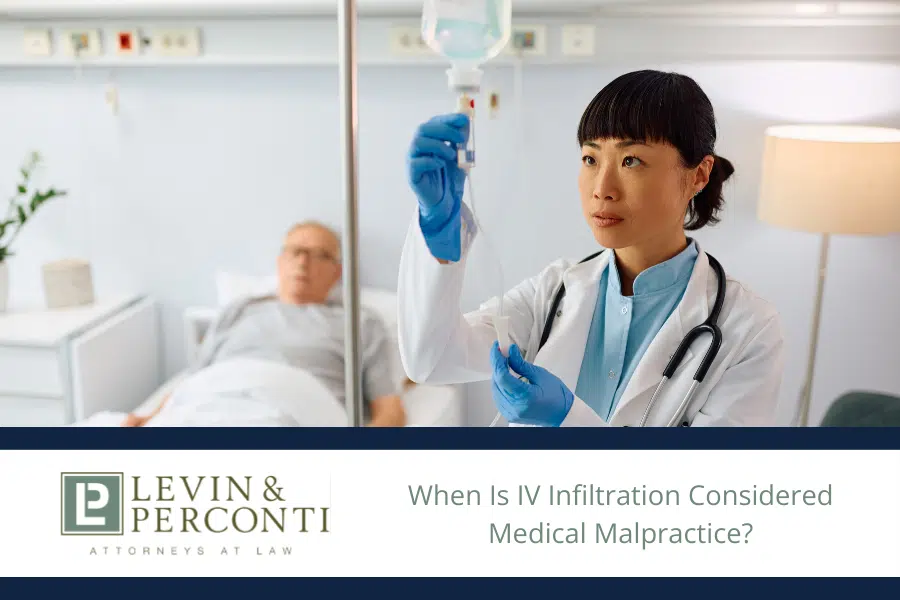
Content Reviewed by:
Dov Apfel
Content Reviewed by: Dov Apfel
Since 1979, Dov Apfel has been passionate about advocating for birth injury and medical malpractice victims. Mr. Apfel’s career-long record of achievements in birth injury litigation, education, and advocacy has been recognized by the Executive Board of the Birth Trauma Litigation Group of the American Association for Justice. His expertise is demonstrated by his numerous awards, presentations on birth injury topics at legal conferences for organizations like the AAJ and ATLA, and articles published by Trial Magazine and many others.
Obstetric violence has become yet another vexing problem added to the traumatic experiences that too many pregnant women in America face during both the prenatal and postnatal phases. Much of the maternal distress reported is centered on the prevention of delivery complications and disrespect for decisions through childbirth, but violence and harassment to pregnant moms can also occur.
Examples of obstetric violence can include:
- the denial of treatment or continuum of care
- verbal attacks and humiliations
- invasive practices
- disregard for pain or pain management
- racism and discrimination
- hospital hierarchy emphasized over the clinical needs of women
- lack of privacy during vaginal exams
- unnecessary use of medication, exams, or procedures
- sexual assault
- violation of the mother’s rights as a patient
- shouting, swearing and aggressive behavior used to scare a mother into accepting a provider’s decision
- threats of arrest and child apprehension
These acts may result in birth injuries to the baby as well or cause a mother to go into premature labor due to the added stressors, fear, and abuse of her OB-GYN. It’s not difficult to believe that when maternal health is abused or jeopardized, her infant is also in danger, resulting in an increased risk of preventable childbirth-related complications, including injuries to the fetus or newborn.
As well, when a woman experiences these traumas, she may be more easily diagnosed with postpartum depression or anxiety, and undergo post-traumatic stress disorder (PTSD). She will often require therapy and support from sources outside of a hospital setting to plan future pregnancies with successful births outcomes. Sadly, an experience that should be happy and joyful for most American women may become too excruciating and terrifying for these victims to face again.
The Justice System Is Troubled When It Comes to Obstetric Violence
Hospitals and the civil justice system too often treat reports of obstetric abuse or violence as either a medical error or an interpersonal conflict between OB-GYN and patient, making the specific accounts challenging to track and measure. Although obstetric abuse is now considered a violation of human rights since the United Nations addressed the issue in a 2019 special report. Unfortunately, the term “obstetric violence” still appears nowhere in U.S. law but awareness if being heightened. Evelyn Yang, mother of two and wife of lawyer, entrepreneur, and political candidate Andrew Yang, recently helped bring this issue to light by sharing her personal experience of sexual assault by her obstetrician.
For many women impacted by obstetric violence, the legal battle will be uphill and costly through filing medical malpractice or battery. The Illinois statute of limitations will be in play and could run out by the time an abused victim and new mom is able to face the impact of any harmful events. Women will want to turn to experienced attorneys, including several women at Levin & Perconti, who have spent their careers serving not only as legal counsel, but as compassionate listeners and fierce advocates for justice for women through every stage of life, including pregnancy and childbirth.
Contact a Chicago Birth Injury Lawyer at Levin & Perconti
If you suspect medical negligence or obstetric violence may have contributed to a maternal death or injury to a newborn during delivery, or your rights as a pregnant woman were violated, please contact Levin & Perconti toll-free at 877-374-1417, or in Chicago at (312) 332-2872 for a FREE consultation.
Also read: How Mom’s Race Impacts Labor And Delivery Mistakes



